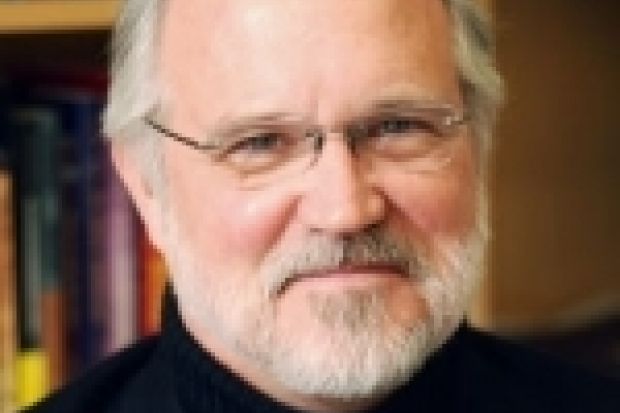Craig Calhoun, professor of social sciences at New York University, was formally approved as the institution’s new head at a council meeting today.
Professor Calhoun, who has been president of US Social Science Research Council since 1999, will take over from interim director Judith Rees, who assumed control at the LSE after Sir Howard Davies stepped down as director in March amid protests over the school’s links with Libya.
The LSE accepted a £1.5 million donation in 2009 from the Gaddafi International Charity and Development Foundation, which is headed by Saif Gaddafi, an LSE graduate and the son of former Libyan leader Mu’ammer Gaddafi.
Lord Woolf is due to publish the findings of an independent inquiry into the affair shortly.
Sir Howard, a former head of the Financial Services Authority, admitted two “errors of judgment” when resigning – advising the LSE to accept Saif Gaddafi’s donation and visiting Libya to advise the regime on financial reforms.
The school also benefited from a £2.2 million contract awarded to LSE Enterprise, a company linked to the institution, to train Libyan civil servants, though Sir Howard has defended this action.
Professor Calhoun, who received his doctorate from the University of Oxford, has also taught at the University of North Carolina at Chapel Hill for 19 years, where he also served as dean of the Graduate School and director of the University Center for International Studies.
Peter Sutherland, chairman of the LSE’s governors, said: “Craig is an outstanding appointment – an intellectual completely at ease in public life whose career shows how academia is not aloof from society but embedded in it.
“He is also a vastly experienced leader of academic organisations, finding new ways of drawing out their inherent strengths and bringing their expertise to bear on society. I have no doubt LSE will thrive under his leadership.”
In a statement released by the school this afternoon, the LSE quotes Professor Calhoun describing his approach to academic work: “We must set high standards for ourselves, but in order to inform the public well, not to isolate ourselves from it.”
